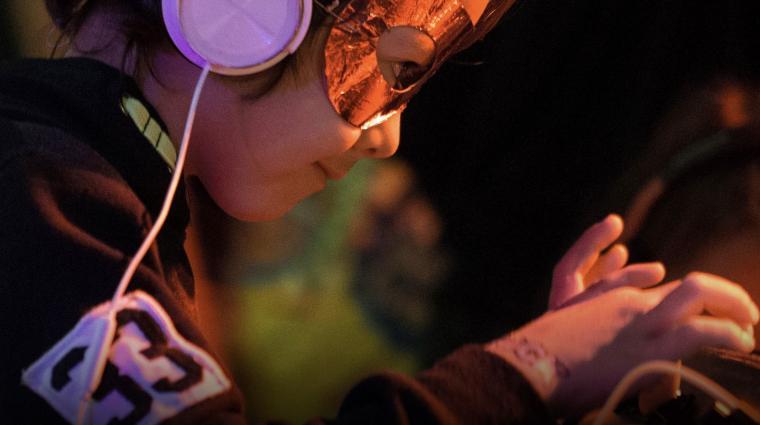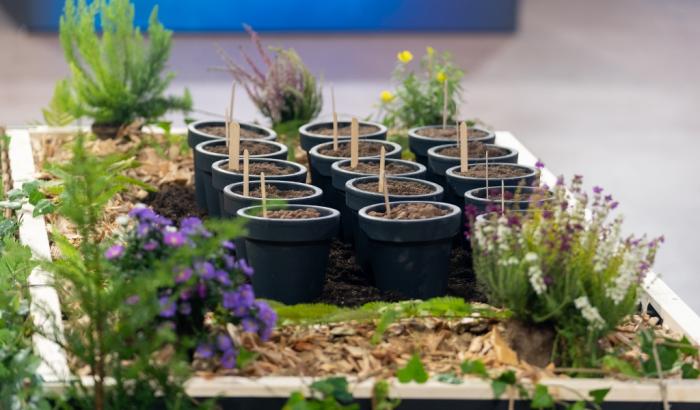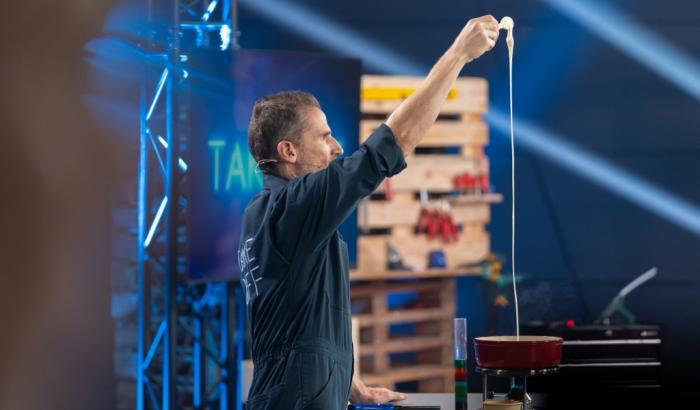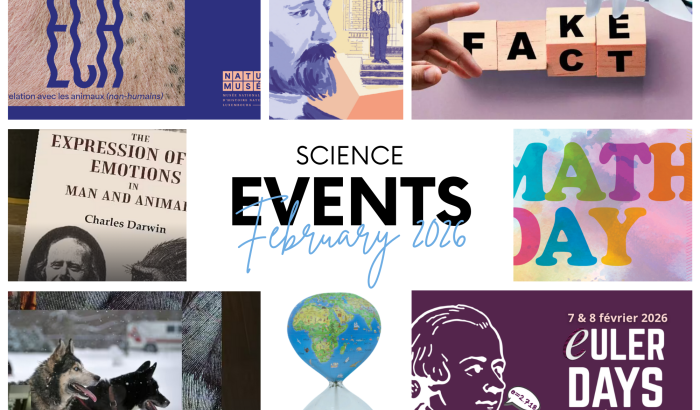11 artists compsed music, based on scientific data, and performed them live on stage... and here is how it all began...
The FNR, University of Luxembourg, LIST and Rockhal joined forces to bring the worlds of science and music together, at the campus of Belval, in the framework of Esch2022, the European Capital of Culture. And science.lu accompanied the whole project from beginning to the end, with a series of articles and videos.
More precisely the goal of the project was to transform scientific data into music, via a process called data sonification.
Data what? Here some explanations about what data sonification is, and how it can be used:
The core team of the project consisted of Patrizia Luchetta (project coordinator), Anna Becker (artist residency coordinator), Sam Reinard and Paul Bradshaw from Rockhal, Oliver Glassl from the University of Luxembourg and project leader Jean-Paul Bertemes from FNR.
In this video Jean-Paul Bertemes and Olivier Toth, CEO of Rockhal explain the goals of the project:
The project started first with a science meets music event at Rockhal, on 1 May 2022. More than 800 visitors discovered the fascinating links between science and music through interactive workshops, inspiring talks and discussions, and impressive live performances:
Then the project partners launched a call for artists. The goal: to select great artists from the Greater region and abroad, to participate in an artist residency, under the supervision of the Sound of Data's artistic partner Valery Vermeulen, a musician, mathematician and recognised artist in the field of data sonification:
Finally the following 11 artists were being selected: All Reitz Reserved, Catherine Elsen, Hester-1, Mike von der Nahmer, Pol Belardi, Slumbergaze, SpudBencer, Tessy Troes, Theerens Cousins, Timelord, Virgilio Fernandez. They then learned in the residency how to best sonify data.
You can discover portraits of all the artists here: https://www.youtube.com/watch?v=Q2n-lueb_Uo&list=PLTSx_cd82K8lqJOcFsrl9UH6uCEFJXuKC&index=2
The musicians could choose scientific data from 4 different data sets:
- Historical data
- Traffic data
- 3D body scan data
- Crowd source art data
The data sets had been collected and been made available by scientists from the University of Luxembourg and LIST. Discover the scientists, their motivation and thoughts in this video:
While the scientists and musicians were actively engaging with each other and the musicians composed their songs, the organisation team of "The Sound of Data" organised a conference named "If (only) data could talk", about how data sonification can be used in communication:
Here the link to the whole conference:
And then, finally, on 3 December 2022, the artists presented their pieces of art during the closing event of "The Sound of Data". Before the concert, some scientists, musicians, Valery Vermeulen and members of the organisation team explained the concept of data sonification to the public, and the headliner Max Cooper gave insights on how science inspires his music. Then the 11 artists performed their songs live on stage, followed by a performance of Valery Vermeulen, who premiered his piece based on 3D body scan data. Finally Max Cooper closed the project with an immersive live show, linking again science and music in a fascinating and spectacular way. here some impressions from the closing event:
You want to watch all the songs and understand how you can hear the scientific data in the different songs?
Here's a list of videos with all the songs and explanations from the musicians about their way to make music out of scientific data:
Lots of new bonds have been created, lots of people have been inspired, and the project is foreseen to continue.
If you want to discover the whole project in a video, voilà:
Author: Jean-Paul Bertemes (FNR)




